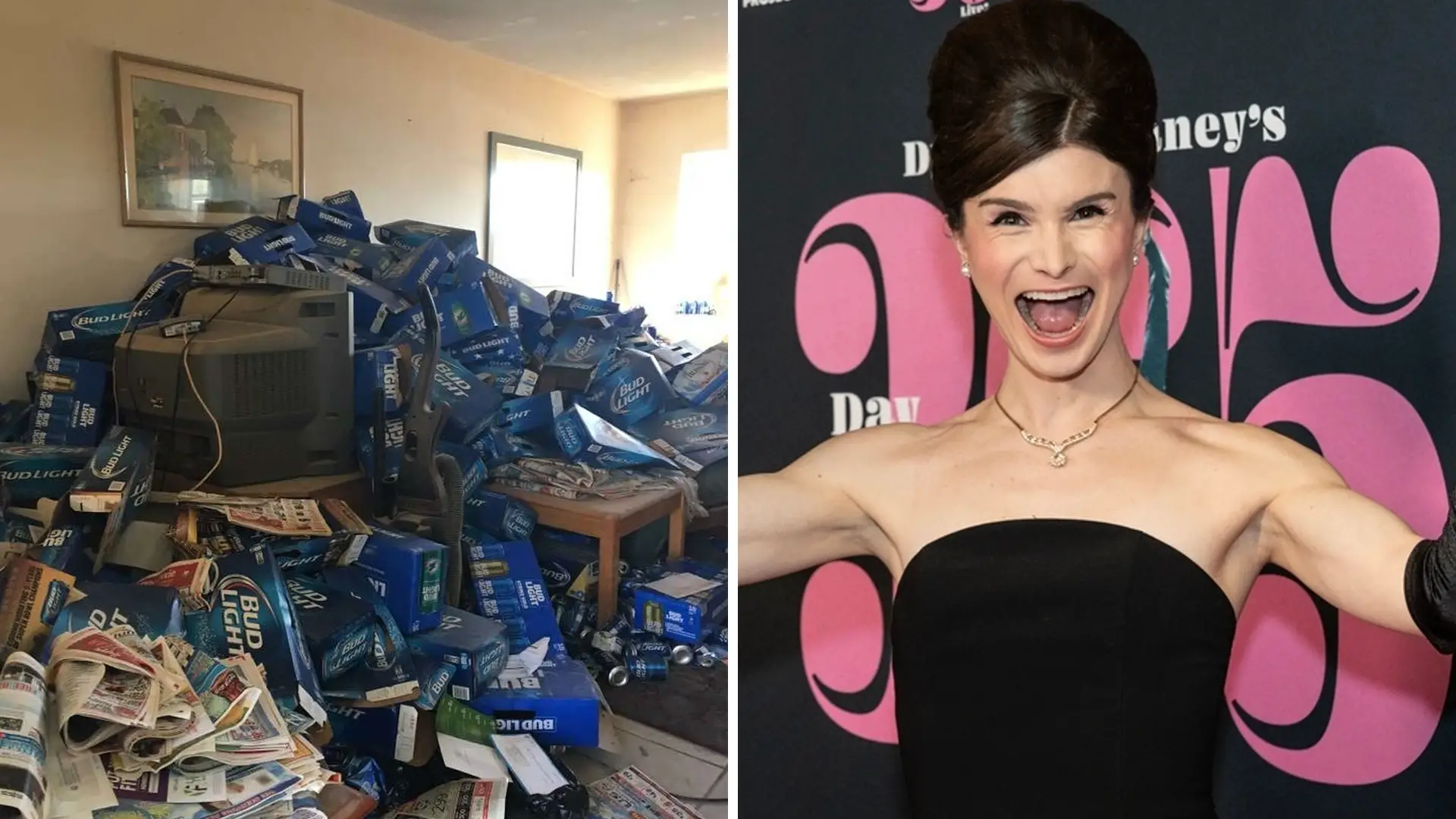The final judgment has been cast, and it spells disaster for Anheuser-Busch and Bud Light. Following the ill-conceived marketing strategy involving Dylan Mulvaney and the subsequent mismanagement of the resulting fallout, Bud Light has suffered a massive blow in sales, with all competitors gaining ground, even the modest Pabst Blue Ribbon. Quite a stinging setback.
This downfall was somewhat anticipated as distributors started voicing concerns about excess inventory, while bars, restaurants, and stores found themselves with cases of Bud Light lying dormant and gathering dust. Meanwhile, satisfied customers made their choices clear, opting for alternatives like Yuengling, Miller, Coors, among others.
While Anheuser-Busch found itself grappling in the dark, issuing lackluster apologies and ultimately parting ways with the marketing team responsible for this public relations nightmare, competitors like Yuengling seized the opportunity. They launched patriotic advertisements and specially designed cans aimed at grabbing a larger market share, and it seems their strategy has been effective.
As reported by Beer Business Daily, Anheuser-Busch volumes plummeted over 12% last month, with Bud Light, the brand associated with Dylan Mulvaney, witnessing a stunning 21.4% drop.
“April’s sales data are in, and it’s an ugly sight,” lamented the site in a Monday afternoon tweet.
On the other hand, Molson Coors experienced a 7% surge, with both Miller Lite and Coors Light seeing double-digit growth. And Yuengling? This oldest American brewery demonstrated its resilience by soaring over 14% last month. It also took subtle jabs at Bud Light on Twitter while announcing its partnership with former Bud Light brand ambassador and country music star, Lee Brice. They even released patriotic camouflage cans in honor of America’s veterans. Talk about capitalizing on the moment!
Meanwhile, it seems Budweiser and Busch haven’t escaped unscathed from this debacle either, with everyone’s favorite college beer, PBR, enjoying a significant boost in sales.
Anheuser-Busch’s handling of this crisis can only be described as bungling. Their vague apologies and contrived patriotic advertisements promoting the same “fratty” behavior they promised to change were seen as unconvincing. The company’s stubborn refusal to admit their blunder has cost the brand dearly, and many beer drinkers may simply choose never to return.
Interestingly, even the community Bud Light was courting seems to be in open rebellion. Reportedly, gay bars in Chicago are joining the boycott because Anheuser-Busch didn’t show enough support for Mulvaney.
LGBTQ activists in New York have even predicted the beer’s extinction due to its lack of support for Mulvaney. Anheuser-Busch seems to have angered both the right and the left, and their sales are sinking faster than a stone in water, metaphorically ending up where their beer usually does.
For Yuengling and Molson/Coors, it’s good times. Sadly, the Bud Clydesdales might have to look for part-time jobs, like pulling handsome cabs in New York City, to compensate for the sales loss.
The Bud Light fiasco should serve as a cautionary tale for other companies to consider their core consumer base before making any drastic marketing moves.
In my opinion, this debacle has not only undermined Bud Light’s market position but also damaged its reputation. The brand was blindsided by the fallout and seemed ill-equipped to handle the crisis effectively. It’s also clear that in today’s market, consumer loyalty is not a given but something that brands need to continually earn. Mishandling a sensitive situation can lead to dire consequences, as Bud Light has learned the hard way.
Companies need to learn from this incident and understand the importance of adept crisis management, the potential ramifications of their marketing strategies, and the need to stay in tune with their customer base’s sentiments.
Bud Light’s competitors, on the other hand, have astutely capitalized on the situation, turning the tide in their favor. Yuengling’s strategy of launching patriotic advertisements and specially designed cans was a smart move. Not only did it attract Bud Light’s disillusioned customers, but it also projected the brand as responsive and customer-centric.
Interestingly, the fallout from the Bud Light disaster has had broader implications. The incident has highlighted the fine line brands tread in their marketing campaigns. Being culturally and socially sensitive is paramount. Companies need to ensure their marketing strategies don’t alienate any section of their consumer base.
Furthermore, the boycott by Chicago’s gay bars underlines the need for brands to stand firm on their commitments. Bud Light’s perceived lack of support for Mulvaney, despite their earlier association, seems to have disappointed many in the LGBTQ community.
Finally, the prediction of Bud Light’s “extinction” by New York’s LGBTQ activists may be an exaggeration, but it serves as a stark reminder of the long-term damage a poorly handled crisis can inflict on a brand’s image.
In conclusion, the Bud Light episode underscores the importance of effective crisis management, thoughtful marketing strategies, and consistent commitment to all sections of a brand’s consumer base. Companies should treat this as a learning opportunity to ensure they don’t repeat such mistakes. After all, in a competitive market, a brand is only as strong as its customer’s loyalty.

